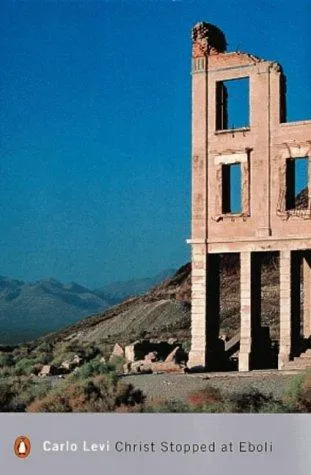Exiled to a remote corner of Italy for his opposition to Mussolini, Carlo Levi entered a world cut off from history and the state, hedged in by custom and sorrow, where, eternally patient, the peasants lived in an age-old stillness and in the presence of death - for Christ did stop at Eboli.
Carlo Levi
Carlo Levi was an Italian writer, painter, and anti-fascist activist born in 1902. His most notable work, "Christ Stopped at Eboli," is a memoir detailing his exile to a remote village in southern Italy by the fascist regime. Levi's writing style is characterized by its lyrical prose and deep empathy for the marginalized. He is considered a pioneer of Italian neorealism and his work has had a lasting impact on literature, shedding light on social injustices and giving voice to the oppressed. Levi's contribution to literature lies in his ability to capture the essence of the human experience in the face of adversity, making him a revered figure in Italian literary history.




